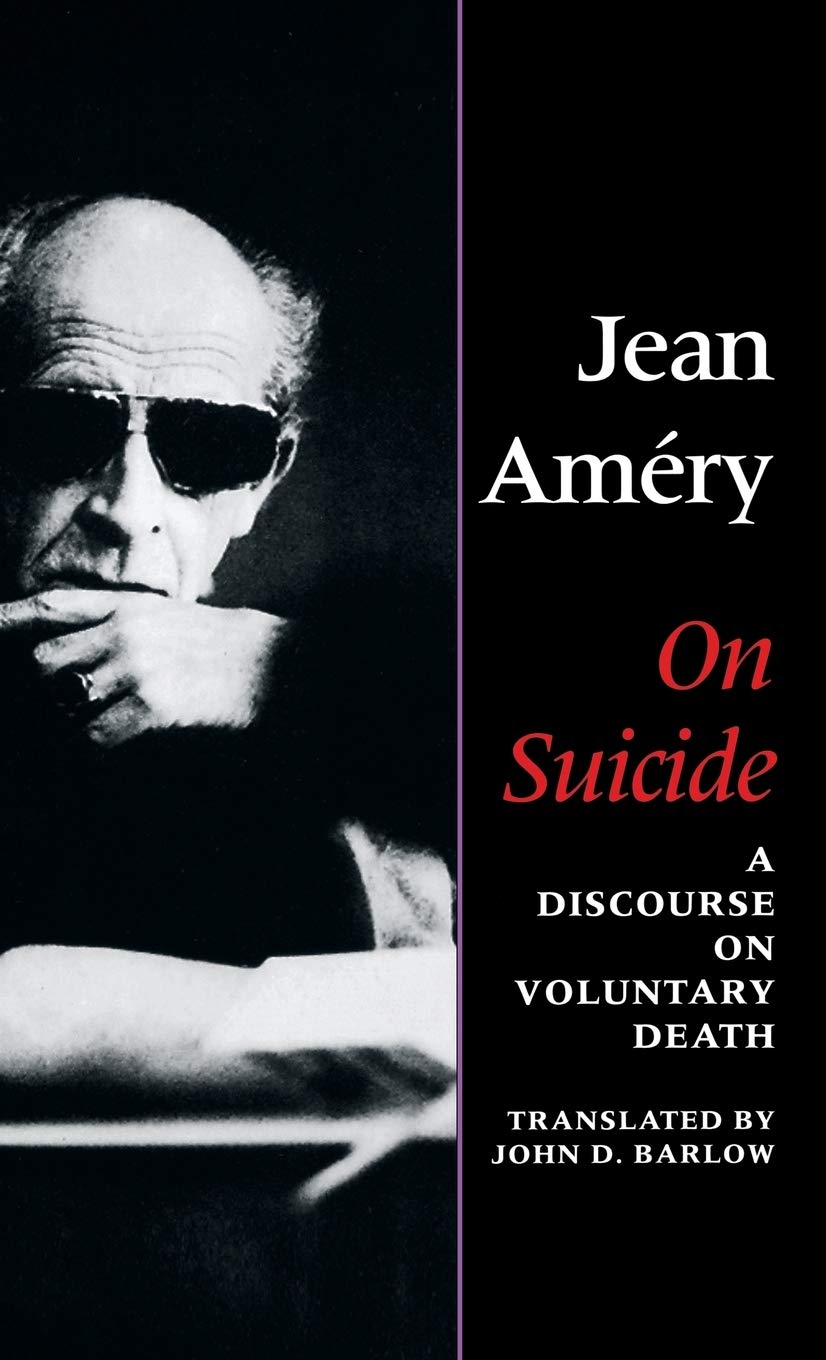On Suicide: A Discourse on Voluntary Death

It’s weird. On Suicide: A Discourse on Voluntary Death is a book by Jean Améry – who was born a German named Hans Maier. It was written in German in 1976, two years after his suicide attempt – and two years before dying by his own hand. I picked it up based on a reference in Undoing Suicidism. It reminded me of the mostly – but not always – coherent musings of Albert Camus in The Myth of Sisyphus.
To Live or Die
Améry’s perspective is one that clearly believes it’s a person’s right to die by their own hand. However, he also makes it clear that living is preferrable if one can live a life of “smiling, breathing, and striding.” Basically, if you can figure out to have a desirable life, that’s preferrable to all alternatives.
Comedy or Tragedy
Améry correctly points out that all of life and each circumstance can be declared comedy or tragedy, but it is the person themselves that get to make this call. The difference between comedy and tragedy is often said to be simply timing. They’re such close cousins that it makes sense that someone might think things are comedy where others see them as tragedy.
Prove Oneself
Life, according to Amery, is an environment where one must prove themselves, and the doubting question is, “Will one be able to?” This two-sided issue starts with the belief that we must prove ourselves that our simple existence isn’t sufficient cause for existence. Somehow, only the worthy should be allowed to continue this life they’ve been given.
The opposite side is the belief system that questions the ability to meet the standard. In How We Know What Isn’t So, Thomas Gilovich explains how most of us believe that we’re better than we are. In Compassion and Self-Hate, Theodore Rubin explores the ways that people come to hate themselves. It’s in this place that these questions arise.
To Whom?
In the end, Amery asks, “To Whom Does a Human belong?” His answer is that they belong to themselves rather than being an integral co-ownership of society. He pushes ownership entirely to the individual without concern for the society.
Despite a deep philosophical bent, his arguments are sometimes circular, sometimes non-sequitur, and sometimes incomprehensible as he attempts to describe his thoughts On Suicide.
